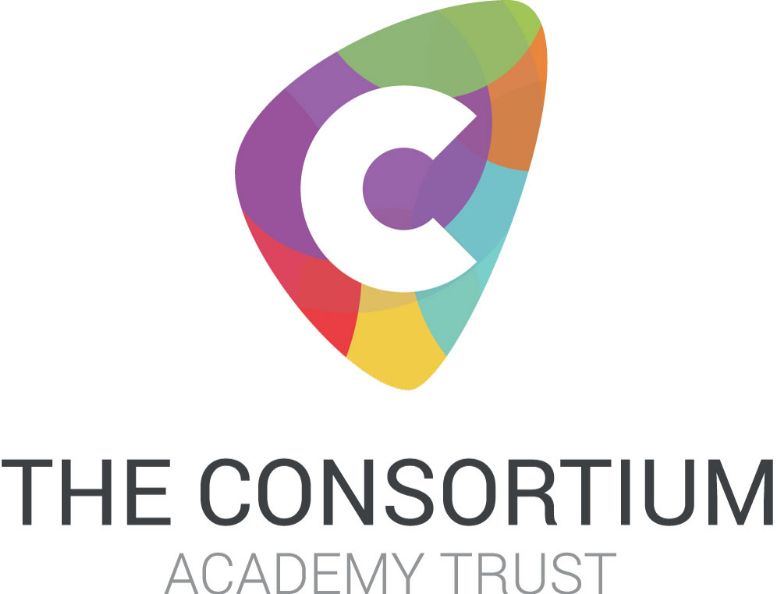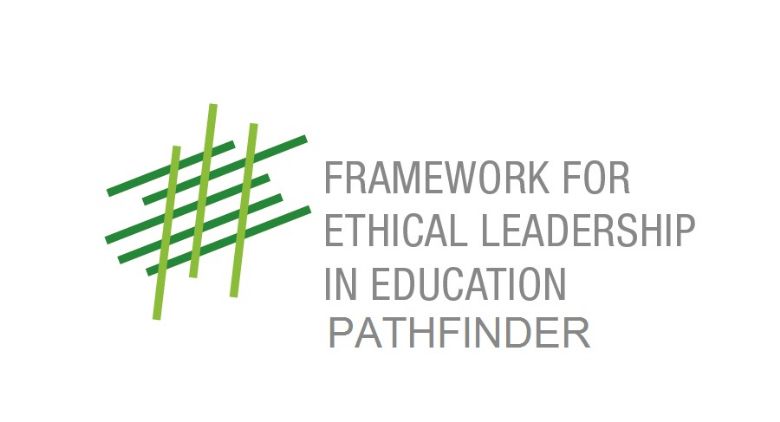English
Key Stage 3
A GCSE-ready English student will be able to communicate their ideas to others fluently, confidently and accurately. Literature plays a powerful role in developing this essential skill as reading enables students to acquire and build on their knowledge. The ‘mastery’ curriculum provided promotes an appreciation and love of reading throughout Key Stage 3. Students engage with a variety of texts from Shakespeare to non-fiction, increasing in complexity to encourage them to develop into independent readers who choose reading material for challenge, interest and enjoyment. The demanding nature of the texts helps to promote academic excellence and rigour as they build resilience, and develop their literacy skills and ability to deconstruct language. They will have tackled both pre-1914 and contemporary literature, including prose, poetry and drama. This ambitious, rich and wide range of literature helps them to acquire an extensive vocabulary which will enable them to become eloquent and successful communicators beyond the classroom. They will understand the exciting contexts that have shaped some of the world’s most influential texts, enabling them to have an appreciation for the importance of our literary heritage.
We provide the opportunity for every student to watch live performances, allowing them to experience texts brought to life. This helps to enrich their understanding of drama and develop their curiosity. The coherently planned curriculum makes certain that students practise writing in a range of contexts, purposes and audiences to ensure that they develop their ability to become competent and accurate writers who write with purpose and creativity, paying attention to accurate grammar, punctuation and spelling.
Our schemes of work effectively and imaginatively meet the National Curriculum requirements in the key areas of English.
• Spoken language – through whole class discussions, group work and individual contributions and presentations students build their confidence speaking for a range of purposes.
• Reading – through exploring a range of fiction and non-fiction, students learn how to select evidence that is relevant and explore the meanings of the methods that writers use.
• Writing – students learn to adapt the forms, structure and language of their writing to suit the needs of a range of audiences and purposes. We also ensure students pay close attention to the accuracy of spelling, grammar and punctuation.
English across the key stages
We believe that reading is the linchpin, the foundation of all learning and the key to success in all areas of the curriculum. We aim to ensure that all students have access to a broad and varied range of texts and that they are encouraged to record, reflect upon and evaluate their reading experiences.
In addition to this we encourage students to become assured writers, and to learn to adapt their writing to suit the purpose, audience and format they are writing for. We ensure that students’ writing also has a focus on technical accuracy as this is a skill that is essential beyond the classroom.
Key Stage 4
Exam Specifications
GCSE English Language - AQA 8700 GCSE English Language Specification Specification for first teaching in 2015 (aqa.org.uk)
GCSE English Literature - AQA 8702 GCSE English Literature Specification for first teaching in 2015 2015 (aqa.org.uk)
|
Get help and support GCSE ENGLISH E: english-gcse@aqa.org.uk LIT E RATUR E Please see attached below an overview of the English Curriculum Aims & Sequencing. |




